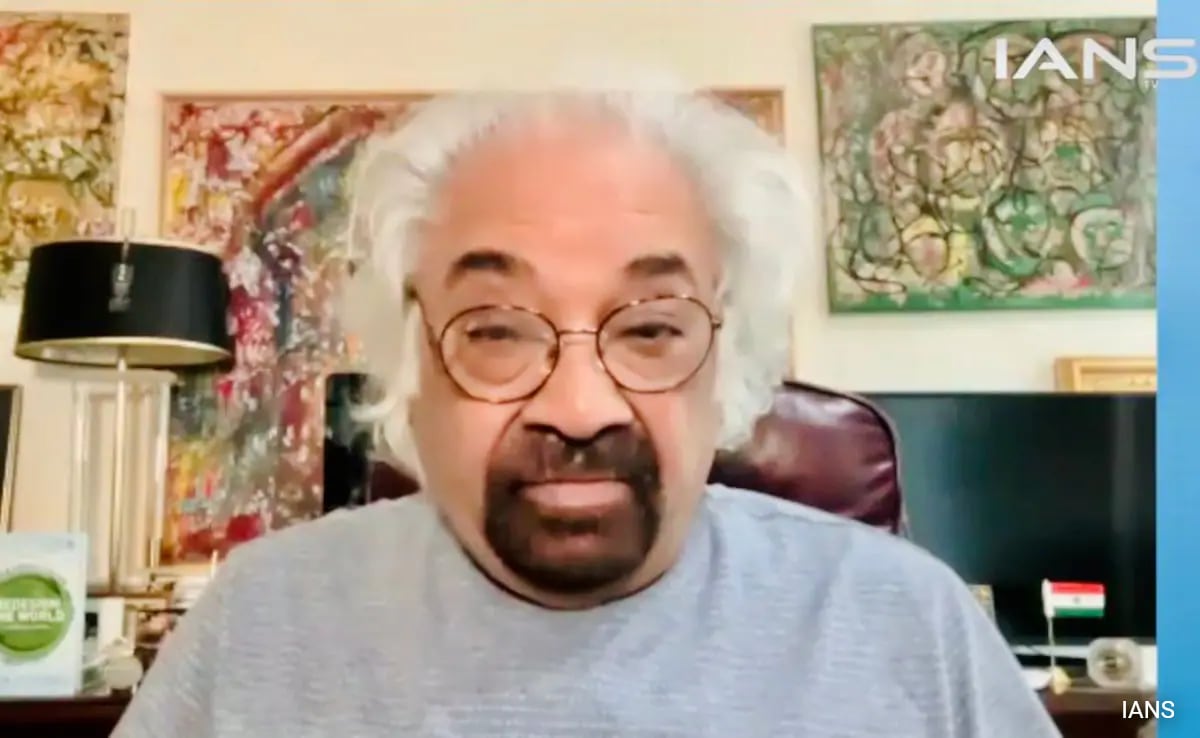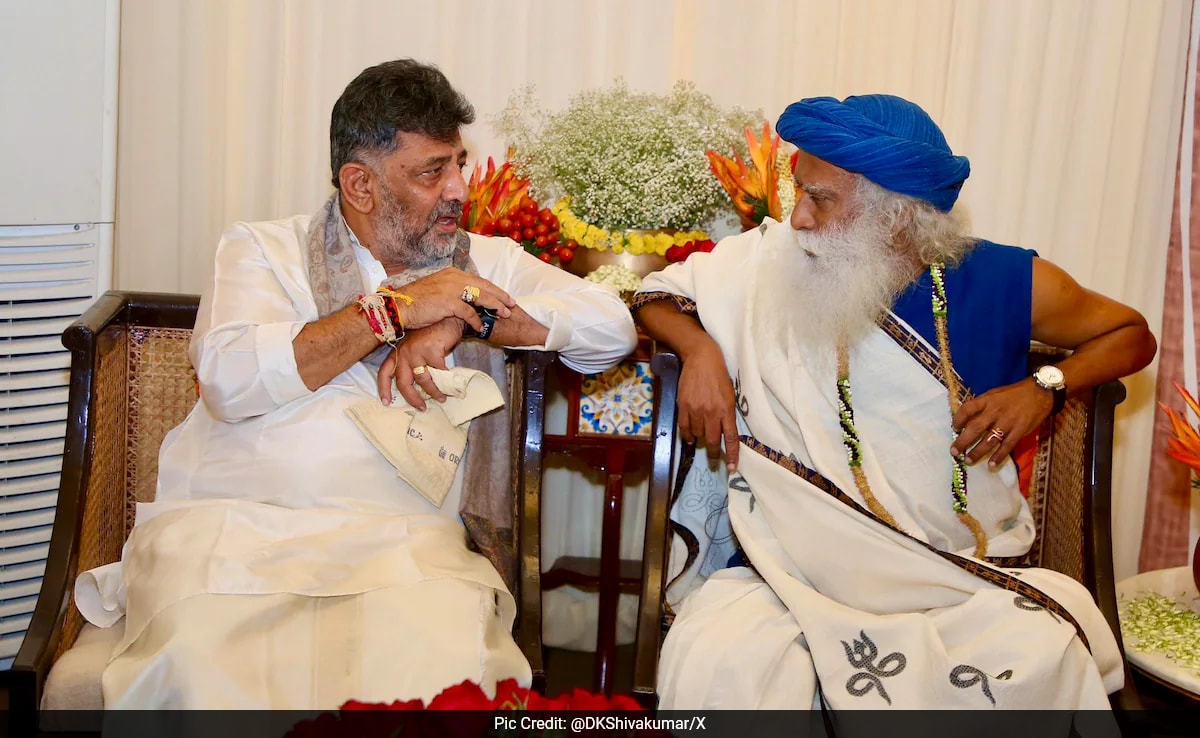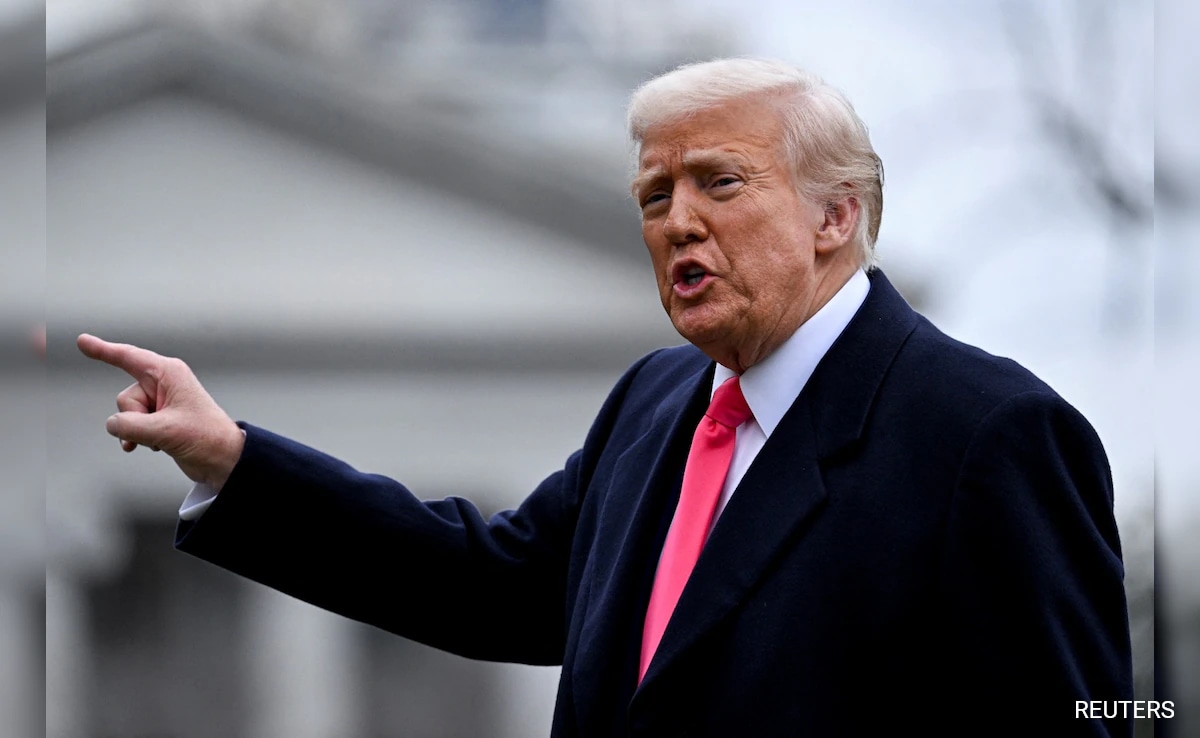<p> Johannesburg, Feb 28 (PTI): Most countries need to put public debt on a sustainable path and rebuild fiscal buffers, International Monetary Fund (IMF) Managing Director Kristalina Georgieva told economic leaders from the G20 countries.</p><p> Georgieva was addressign the first meeting of the G20 Finance Ministers and Central Bank Governors in Cape Town on Thursday.</p><p> The meeting was hosted by South Africa, which holds the G20 Presidency for 2025.</p><p> “On the fiscal side, most countries need to put public debt on a sustainable path and rebuild fiscal buffers,” Georgieva said.</p><p> “While mobilising more domestic revenues is crucial in many countries, it is equally important to promote more efficient public spending. The two go hand-in-hand to ensure that countries have the fiscal space to meet future shocks and provide the basis for higher future growth,” she added.</p><p> Georgieva said it was critical that countries embrace ambitious reforms to lift productivity and enhance growth prospects.</p><p> “The specific priorities will vary from country to country, but in general this calls for a pivot toward supply side policies: cutting red tape, increasing competition and encouraging entrepreneurship, strengthening education systems, smart regulation that can encourage risk-taking and rapid but safe advances productivity-enhancing technology, such as AI,” the IMF head said.</p><p> Georgieva conceded that this while domestic reforms are essential, many countries cannot go it alone.</p><p> “Stepped up external support is vital to help countries implement reforms, through capacity development and concessional external support, and actions to crowd-in more private inflows,” she said, as she also put debt challenges under the spotlight.</p><p> “There is also an urgent need to address debt challenges. A few countries may need to restructure their debt, while many more face high interest payments and refinancing needs that cripple their ability to invest in their future.” Georgieva further said that a key step is to improve the “predictability and timeliness of restructuring processes, building on the significant progress already achieved, including under the Common Framework”.</p><p> “We also need to help countries with sustainable debt but faced with elevated interest payment and refinancing needs that crowd out their capacity to invest in education, health or infrastructure,” she said.</p><p> Georgieva said that there was “one resounding common theme I heard during our discussions: the need to reinvigorate global growth in an environment characterised by limited macroeconomic policy space and heightened policy uncertainties.” Sharing her views on the global outlook, Georgieva said the IMF projected global growth at 3.3 percent this year and next.</p><p> “Underlying this, we see divergences widening across economies, with growth in the US stronger and a somewhat more gradual pick up in the EU than previously expected. In emerging markets and developing economies, growth in 2025 broadly matches last year’s performance,” she said, adding that the global disinflation process continues.</p><p> “With the gradual cooling of labour markets and energy prices expected to decline further, headline inflation is projected to continue its trajectory toward central bank targets.</p><p> “At the same time, uncertainty with regard to economic policies is high. Governments around the world are shifting policy priorities,” Georgieva said as she highlighted the significant policy changes in the United States, in areas such as trade policy, taxation, public spending, immigration, and deregulation, with implications for the US economy and the rest of the world.</p><p> “Governments in other countries are also adjusting their policies. The combined impacts of possible policy changes are complex and still difficult to assess but will come into clearer view in the months ahead,” Goergieva said.</p><p> The IMF has a role to play through policy advice, capacity development, and lending where relevant, to help countries maintain or restore macroeconomic stability and implement sound policies needed for durable growth, she said.</p><p> “We will continue to play a leading role on debt through our debt sustainability analyses and our support for international efforts to address debt challenges, including the Global Sovereign Debt Roundtable. We remain committed to helping our member countries achieve greater prosperity and stability,” Georgieva said. PTI FH NB NB</p><p><i>(This story is published as part of the auto-generated syndicate wire feed. No editing has been done in the headline or the body by ABP Live.)</i></p>
World
Countries need to put public debt on sustainable path, rebuild fiscal buffers: IMF MD at G20 meeting
by aweeincm

Recent Post

“Was Speaking At IIT-Roorkee When Explicit Content Was Played”: Sam Pitroda
With the Ministry of Education (MoE) refuting his claims, Indian ... Read more

“My Personal Belief”: DK Shivakumar Amid Row Over His Meeting With Sadhguru
Amid a row over his visit to the Maha Shivaratri ... Read more

Man Drove Away After His Car Hit Indian Student In US: Cops To NDTV
The man whose car hit Indian student Nilam Shinde in ... Read more

“No Authority”: US Judge Halts Donald Trump’s Mass Firing Of Federal Workers
A federal judge on Thursday ordered the US government to ... Read more